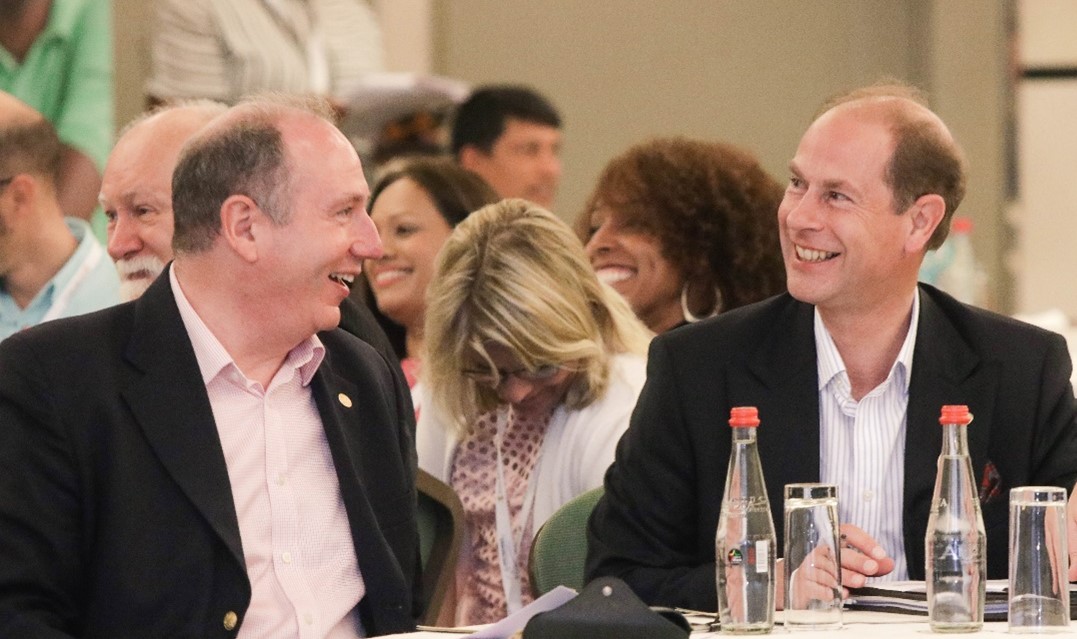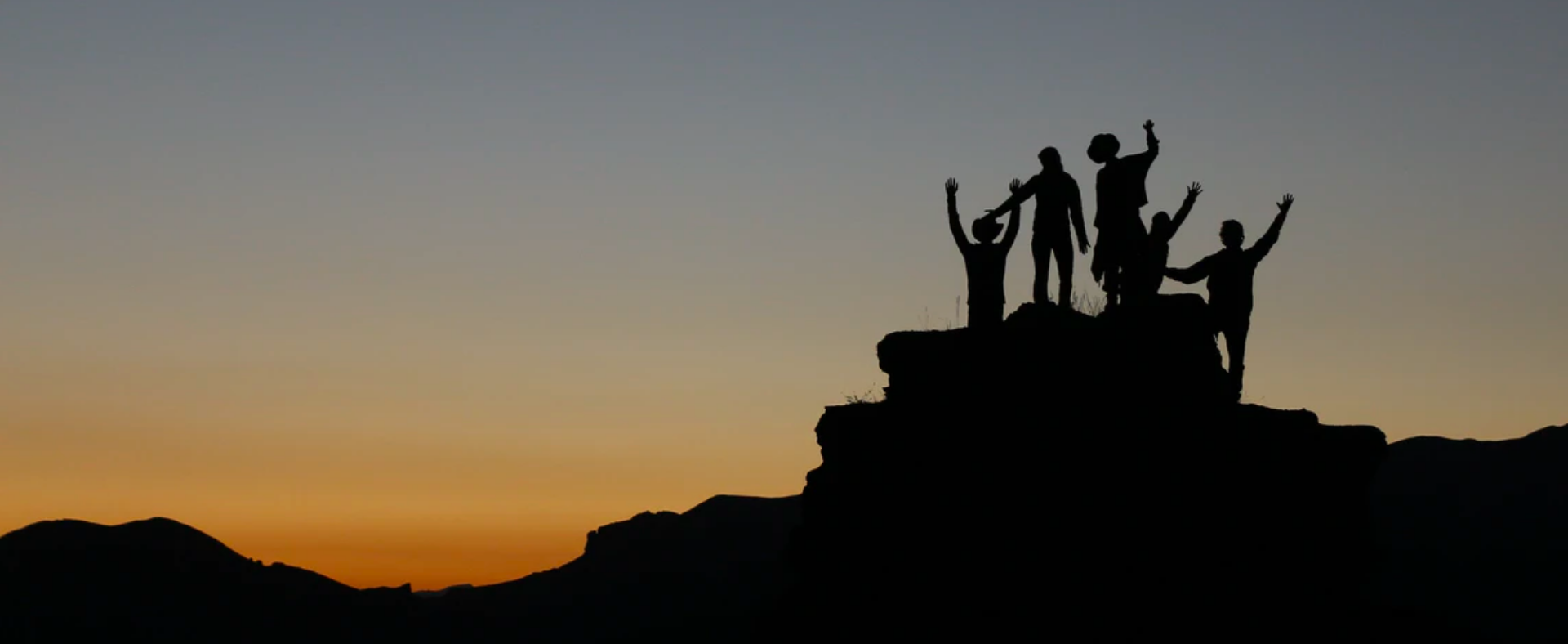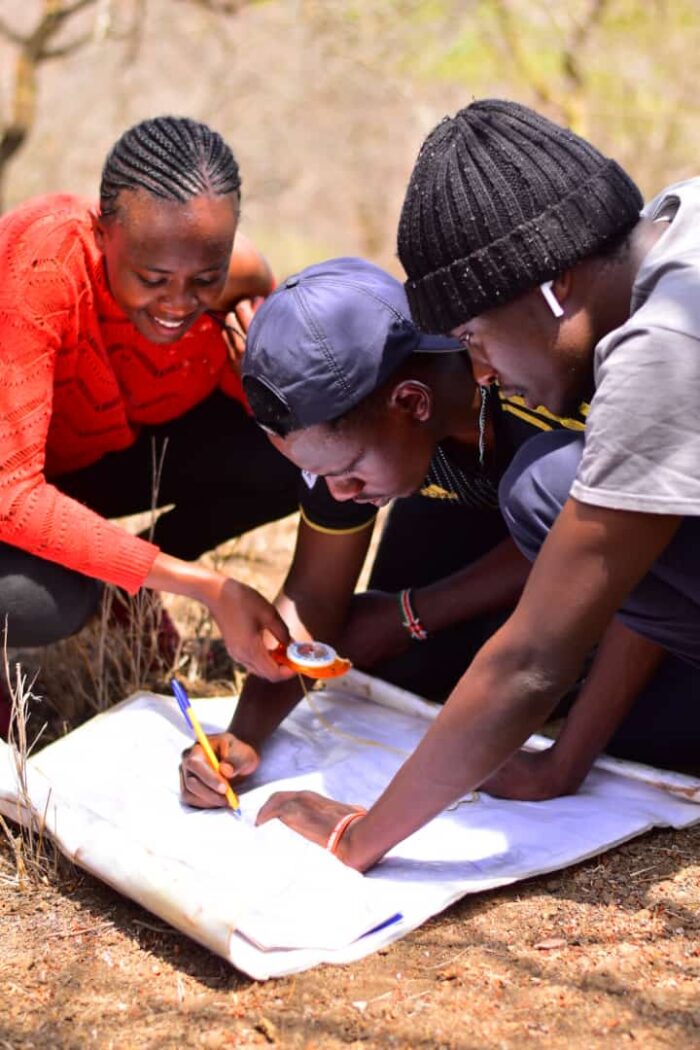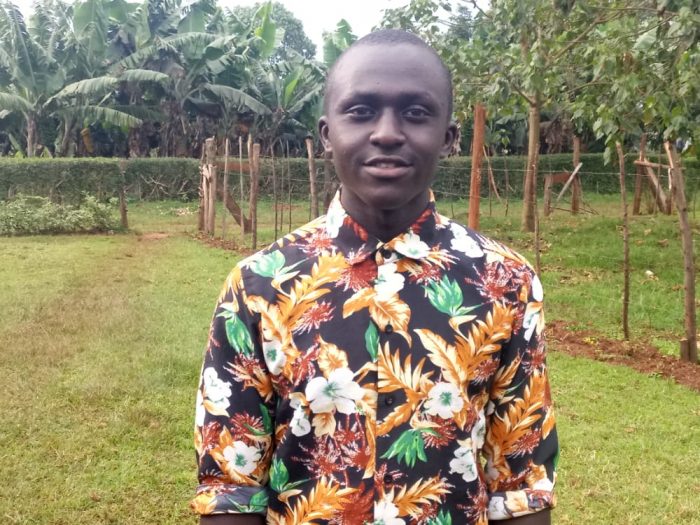An Award that continues to mean so much, to so many
“The Duke of Edinburgh’s International Award has helped countless young people on their sometimes difficult path to adulthood.”
– HRH The Duke of Edinburgh
Every year the Award:
- Inspires more than a million 14 to 24-year olds from all walks of life to transform their lives
- Plays a critical role in young people’s development by creating out of classroom learning opportunities to develop skills, get physically active, give service and experience adventure
- Allows young people to set their own goals, record their own progress and have their achievements consistently recognised worldwide, giving them a unique international accreditation of their experiences, valued by employers and universities

Our principles and ethos are just as relevant today
“Everyone who takes part in the Award will find an added purpose and pleasure in their lives. I am quite sure that all those who help to run it will gain that special sense of satisfaction which comes from helping others to discover hidden abilities and overcome a challenge.”
– HRH The Duke of Edinburgh
The challenges set by the Award genuinely excite and inspire young people. Over the past six decades since its launch, more than 5.5 million Awards have been gained in 160 countries and territories. Today, more than a million young people are striving to achieve their Bronze, Silver or Gold Awards in schools, youth or sports clubs, young offender institutions or national organisations such as the Guides and Scouts, with the support of an army of volunteers.
The UK is our largest and oldest National Award covering England, Scotland, Wales, Northern Ireland, the Channel Islands and the Isle of Man. Last year, 275,988 young people started either a Bronze, Silver or Gold Award and 438,329 were actively engaged, of whom 62,988 were from less advantaged backgrounds. This with a staff of just over 200 running a network of over 3,000 licensed organisations with the support of an estimated 50,000 volunteers.
By contrast, Trinidad and Tobago is among our smaller operators with just 378 starters and 5 Awards achieved. Yet those young people’s achievements are as great, perhaps more so, than many who have undertaken the Award in the UK or Canada or Australia or Kenya. For our view is that all our participants and achievers should be treated as equal and all our operators are equal in our collective aim for the Award to be consistent, relevant, desirable, affordable, accessible and tangibly advancing.
To put the figures for 2020 into context, ten years ago the number of Awards Gained was 161,000. That equates to approximately 441 young people achieving an Award every day. Back then, around 945 participants embarked on their Award journey every day. Interestingly, the number of countries is much the same, although there are some variations in the names.
Covid-19 and the Award family’s response
Whichever way we may view the global policy of ‘lockdown’, the short term impact on young people has been especially harsh. Apart from the interruption to their education and learning, the sense of being cheated of sitting their exams, the appropriate rite of passage on leaving their schools; there is also the even more uncertain future of work, employment and coping with whatever ‘new normal’ means. Distance or online learning, much vaunted by some, has been found to be remarkably limited and wanting.
What has been able to continue is out-of-classroom learning or non-formal education. While many providers of such activities may have struggled, they have adapted. Award participants have also been able to adapt and thrive. The values and ethos of the Award have meant that both participants and Award holders have volunteered in their communities, are being carers and are key workers. They have used their skills to make masks and personal protection equipment (PPE), developing ways of sharing advice on good hygiene and other do-it-yourself activities. They have also found ways of keeping physically active.
The response by the Award family around the world has been truly heartening. In fact, it was such a good story that it became a major feature of International Youth Day in August. Even the British Royal Family’s Instagram was taken over for the day by young people around the world sharing their positive stories.
Unfortunately, the continuing restrictions mean that undertaking Adventurous Journeys and the Gold Residential Project is much more problematic in many countries. This is causing a major block for many to complete their Awards which, in turn, is hindering their ability to apply for University or enter the job market. It is an area of grave concern for us. Award Operators have been collaborating to devise a virtual expedition at Bronze level as a temporary measure, but while an option it is accepted by all that it simply isn’t the same experience or challenge.





 The Duke of Edinburgh’s International Award has helped countless young people on their sometimes difficult path to adulthood."
The Duke of Edinburgh’s International Award has helped countless young people on their sometimes difficult path to adulthood."


